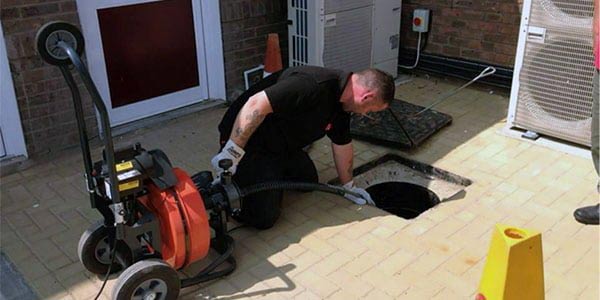Our Emptying Service
Our septic tank and cesspit emptying service is fast and efficient, using specialist vacuum tankers to remove waste quickly and safely. We ensure eco-friendly disposal by handling waste responsibly and in full compliance with environmental guidelines.
If your system is overflowing, our 24/7 emergency callout service is available to provide urgent assistance. Our expert team can advise on the best maintenance schedule to keep your system running smoothly. Under the General Binding Rules, regulations now require septic tanks to discharge into a proper drainage field rather than surface water or streams. If your system does not comply, we can guide you through the necessary upgrades or replacements to meet legal requirements.
Avoid Environmental Damage
Both cesspits and septic tanks can cause pollution if they are not emptied regularly. An overflowing cesspit may leak harmful waste into the surrounding soil and water sources, posing health risks and damaging the environment. Septic tanks that are too full can also lead to untreated wastewater escaping, contaminating nearby land and waterways. Routine emptying and maintenance are essential to prevent leaks and ensure compliance with environmental regulations.
We hold a waste carrier licence so you know your waste is disposed of in a safe and legal way.
Why Choose West Sussex Drains?
- Licensed waste carriers: Safe, legal, and environmentally responsible disposal.
- Local, trusted professionals: Covering homes and businesses across West Sussex & Hampshire for years.
- Advanced equipment: Ensuring a thorough and efficient job every time.
- Transparent pricing: With no hidden fees.
Book Your Tanker and Waste Disposal Today
Don’t let your tanks and waste disposal units get clogged up! It is important to keep them well maintained in order to avoid any costly damages occurring.
If you are looking for a professional Septic Tank and Cesspit emptying service that you can rely on then call us on 01243 671 359 to make a booking or discuss the tanker and waste disposal services we can offer.










